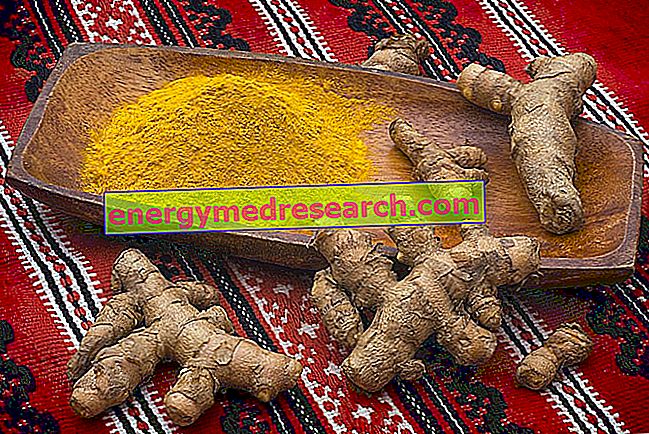
Who doesn't know turmeric? Very widespread in the kitchen, it is one of the most famous and used oriental spices. It comes in the form of a highly aromatic yellow powder, but is obtained by grinding the tuberous rhizome (clean, boiled and dried) of certain plants belonging to the genus Curcuma . It is one of the main ingredients of curry and can also be used for different purposes: perfumes, dyes, etc. In addition to an abundant pool of antioxidants and vitamins, it contains curcumin, a molecule of beneficial power among the highest in nature. Not surprisingly, turmeric has long been experimented in cancer treatment even though, for the time being, clinical applicability seems to "limp" a little. This is due to the fact that, although it has shown various beneficial effects in vitro, it has not yet been possible to establish whether the same can occur in the human organism; intestinal absorption, possible metabolic interactions, useful active dose etc. are the variables that hinder the use of curcumin and turmeric especially in the treatment of neoplasms. Moreover, after various experiments, it emerged that other properties of the spice (antifungal, antibacterial, etc.) cannot be linked to curcumin, but to other molecules present in turmeric. However, since 2013 an in-depth evaluation on the real effectiveness of this spice is underway, which should definitely clarify the margin of applicability of turmeric and curcumin in the treatment of: some types of cancer, kidney diseases, cardiovascular diseases, arthritis, irritable bowel, diabetes mellitus type, Alzheimer's disease and more.
For the moment it is not yet possible to establish whether turmeric and curcumin can contribute to the treatment of cancerous pathologies, even if, given the very high content of antioxidant molecules (polyphenols), this spice certainly represents an excellent element of prevention in the diet.



